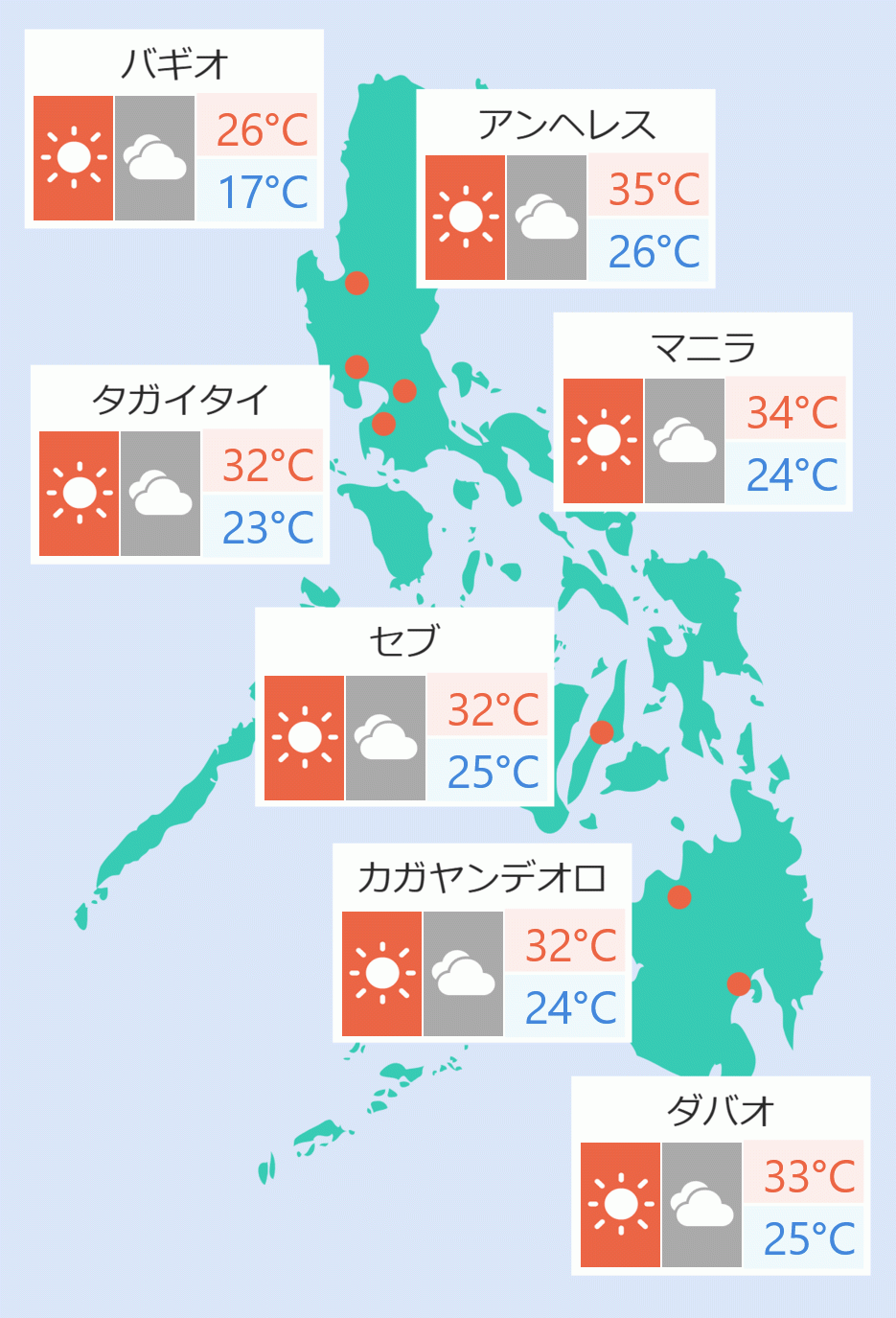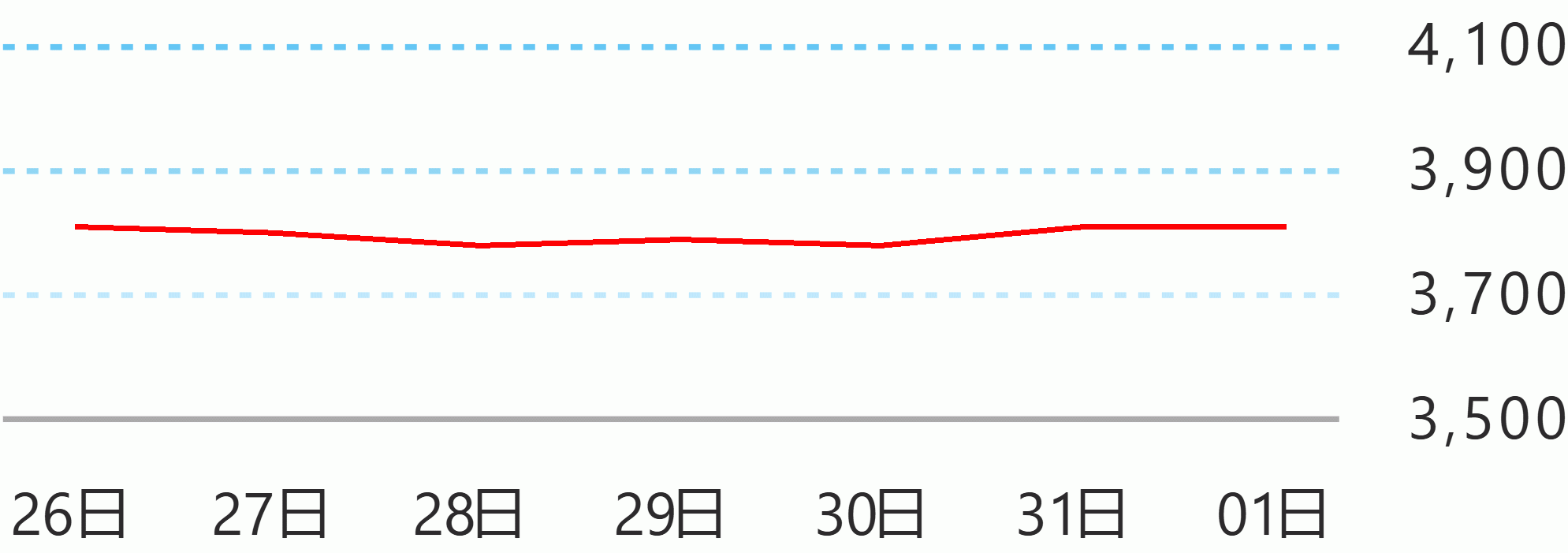President Ferdinand Marcos Jr. on Thursday threw his support behind the proposal to implement a "ladderized" program for nurses to address the brain drain and strengthen the country's health sector.
Marcos made the remark in his meeting with members of the Private Sector Advisory Council (PSAC) Thursday in Malacanang, where they discussed the challenges confronting the Philippine health sector, particularly the exodus of nurses and other health professionals.
"I like the ladderized idea for the nurses because that's really becoming a problem ? the brain drain that we are suffering," Marcos said during the meeting.
"They are so good everybody wants them, and they are willing to pay for it, and we are not, or we're not able. So we have to come up with some strategies for that," he added.
Acknowledging the problems posed by brain drain in the health sector, Marcos said the government cannot hold back people if there are better opportunities for employment overseas.
He suggested that one of the programs that could help keep doctors, nurses, and medical practitioners from leaving the country is to provide scholarships.
Department of Health (DOH) Officer-in-Charge, Undersecretary Maria Rosario Vergeire, told Marcos during the PSAC meeting about the ladderized program being carried out by the University of the Philippines-Manila and select local government units (LGUs).
Under the program, UP Manila offers a two-year scholarship for midwives who, upon course completion, come back to the community to serve.
Once they gain experience, they go back to UP Manila, where they get to study nursing for another two years.
"So this ladderized program, there is this counterpart with local government. So we now have a couple of local governments that we have piloted this with. But of course, this would be ? eventually para makapag-produce tayo nang madami,” Vergeire said.
The Technical Education and Skills Development Authority (TESDA) was tapped to help address this concern in the health sector.
Paolo Maximo Borromeo, PSAC Healthcare lead, said TESDA offers a six-month nursing aide course and produces graduates who could be deployed in hospitals after a few months.
"What the hospitals do is they train them further, another 30 days to do IG, to do phlebotomy, or 'yung nasal ? NGT. And it improves the ratio of beds that nurses [are] able to do in hospitals. Quick win like that is easy to do if you can encourage more nursing aides," Borromeo said.
He also suggested the institutionalization of nursing aides and nurse practitioners in a nursing act being discussed in Congress, incorporating provisions such as improved salaries and benefits for nurses.
Aside from providing scholarships and incentives to nursing schools and nursing students, PSAC called for a review of the salaries and benefits of nurses.
Currently, nurses employed in government hospitals get higher salaries than those working in the private sector.
The advisory council said the government could come up with a policy mandating equal pay for nurses working in both the public and private sectors.
The DOH said there is a total of 617,000 licensed nurses in the country, with 28 percent working in both public and private health facilities, or about 172,000.
Fifty-one percent or 316,000 have already migrated, while 21 percent are working in other areas other than healthcare.
"Quick wins" under the administration's first 100 days were also spelled out during Thursday's meeting.
These include the development of a vaccine procurement plan for new COVID-19 variants and Monkeypox, the commissioning of a study on the feasibility of local vaccine manufacturing, and a third-party review of the Philippine Health Insurance Corp. (Philhealth).
Also included in the talks were the institutionalization of ladderized nurse categories with ascending skills sets, piloting telehealth in geographically isolated and disadvantaged areas (GIDA) and other LGU PPPs for capacity building, and revisiting the regulatory requirements for private sector participation in the Universal Health Coverage (UHC).
The establishment of LGU Performance-Driven Incentive Plan, the commissioning of a study to review and fully digitalize the Food and Drug Administration (FDA), and the improvement of awareness of the general public on generic medicines were also mentioned. Presidential News Desk





 English
English










